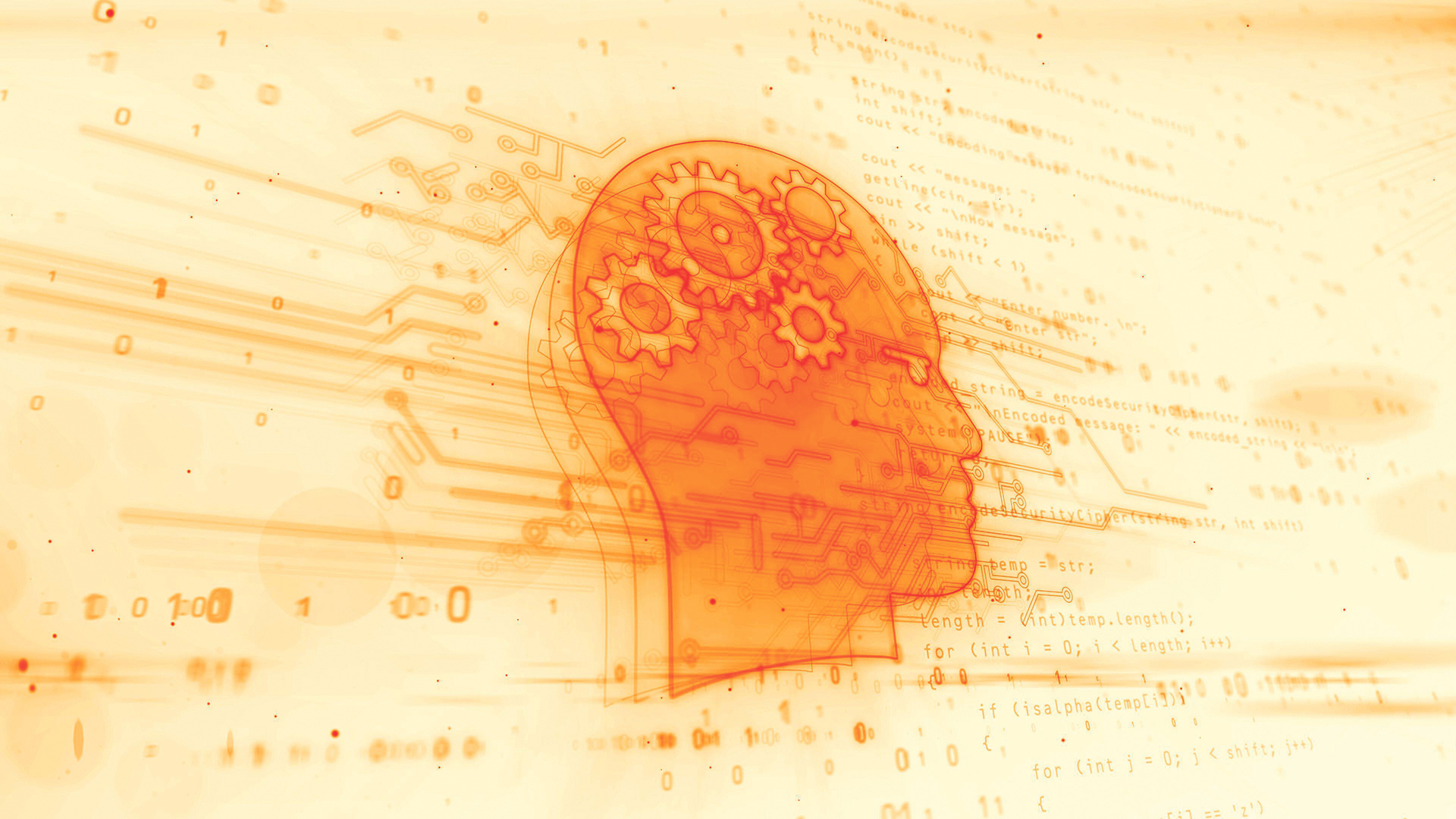Last week, when due in parliament at a very early hour, I stayed over in a hotel in Fulham, South-West London. This was where, as a 10-year-old, after the slums of Notting Hill and a Catholic orphanage, I arrived with my family to live in a block of council flats.
It was here that I realised that I was a little proletariat. A worker, delivering meat and then paraffin as a means of beefing up the meagre family income. But a worker also in that I was like all my compatriots in labour, in that I served only one purpose: and that was to serve the interests of the propertied and the better classes.
Managers in shops directed you in the harsh tones of the recently finished war; as if you were on national conscription in the army for that now-gone war.
- Why would billionaires end world hunger when they can buy the fountain of youth?
- Starmer wants to ‘mainline’ AI into the UK’s ‘veins’. Here are the opportunities – and the risks
- How do we stop AI becoming an ‘engine of inequality’, and make it a force for good?
But more than that, it was the indifference that was perfected by the middle- and upper-class customers towards you. You were a machine. You had no personality, no history, no presence. You existed as little more than a piece of metal, but able to talk in order to deliver the order. Of course, I was not metallic but I felt I might as well be.
The crescendo of this feeling of not being human in this world, a precursor to AI, was being a butcher’s boy for the Queen’s butchers at Knightsbridge. Even then it was a supremely exclusive, rotten with money and class sort of place. There you moved off the pavement when a middle or an upper approached needing the pavement, deserving the pavement, more than you.
This was in 1960, just before John, Paul, George and Ringo, and Michael Caine, and Sean Connery, performers and actors, started to accumulate more money than the middle and uppers ever saw in their lives. So the world was tipping over towards the children of labour, but for the moment I was fully anaesthetised as a member of the working classes. And Knightsbridge was the place where, aged 14, I realised I was in the long line of pieces of machinery that built the pyramids and drained the swamp to lay out the Panama Canal. That built the Great Wall of China and all the myriad activities that built the world.






